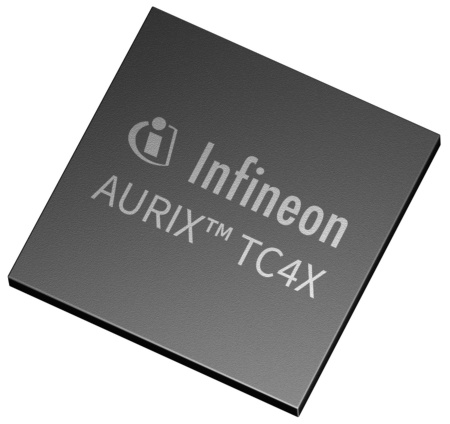
This content originally appeared on Mashable for a US audience and has been adapted for the UK audience.
Smart homes are taking over, and it seems like smart light bulbs are the gateway device to all things Internet of Things. As with any new-fangled device, the smart light bulb market grows every day — and is possibly the most saturated smart device market out there. If you thought there were a lot of Amazon Echo devices to choose from, the smart light market is that, multiplied by hundreds.
You might be asking why you even need a smart light bulb. Isn’t a regular old light bulb enough? You know, one that switches on and off and, erm, adds some light to a room? And what features do smart light bulbs actually have? And how do you know which smart light bulb is best for you?
Fear not, because we probed Amazon and its massive selection of smart light bulbs to find the best ones. We’ve also put together a quick guide to help shine a light on the situation.
What is a smart light bulb?
In the vein of other smart home devices, a smart light bulb connects to the internet, allowing you to control the light via an app or voice control. Many are compatible with commonly used voice assistant systems, such as Alexa or Google Home. And don’t worry about the process of setting up a smart lighting system. You won’t need to install any tricky technology into the ceiling. Smart light bulbs come with the same standard bayonet or screw-in attachments, so they go straight into your pre-existing fittings.
What can a smart light bulb do?
Smart light bulbs give you a whole new level of control. Much more than just switching the lights on and off with your phone, you can set lighting schedules and timers. And you can control the lights from anywhere — you don’t even need to be at home. You can use dimming features or even change the light colour, depending on the bulb. They’re great for creating mood lighting or customising the atmosphere of your home.
Do smart light bulbs save you money?
That’s certainly the idea. The tech is great, of course, but it’s designed to make your lighting use more efficient, and therefore make your energy spending more efficient. You’ll never leave a light bulb on ever again. Smart bulbs also consume less power than incandescent bulbs.
Do you need a smart hub for smart light bulbs?
Some smart light bulbs do indeed requite a hub, sometimes called a bridge. This is like the router of a smart system — a control centre that syncs your devices. Hubs are usually used for systems that include a variety of different smart devices, from light bulbs to speakers and thermostats or even the refrigerator. The drawback of a hub is that it means extra expense. However, we’ve featured some bulbs below that work without a hub, so you don’t necessarily need to fork out extra.
Are smart light bulbs expensive?
They don’t have to be. There are always expensive options when you’re buying any kind of smart device. Depending on the brand and level of tech included, a smart light bulb or set of two might cost between £50 and £100. Though it’s also possible to pick up a smart bulb around the £20 mark. Smart light bulbs aren’t only for big budgets.
How bright are smart light bulbs?
You may be used to picking out light bulbs based on their wattage. Because of how smart bulbs consume energy, wattage isn’t a good measurement of how bright they are. Instead, look for lumens — the unit measurement of light that the human eye sees. Most smart bulbs fall are around 800 lumens, which works out as the equivalent of a standard 60W incandescent light bulb.
What is the best smart light bulb?
Smart light bulbs might screw into standard fittings, but — figuratively speaking — it’s not a one size fits all situation. Depending on your budget and the kinds of features you need from a smart light bulb, recommendations can vary. But we’ve pulled together a selection of the best smart bulbs available right now to help you make a decision.
These are the best smart light bulbs for 2024.






